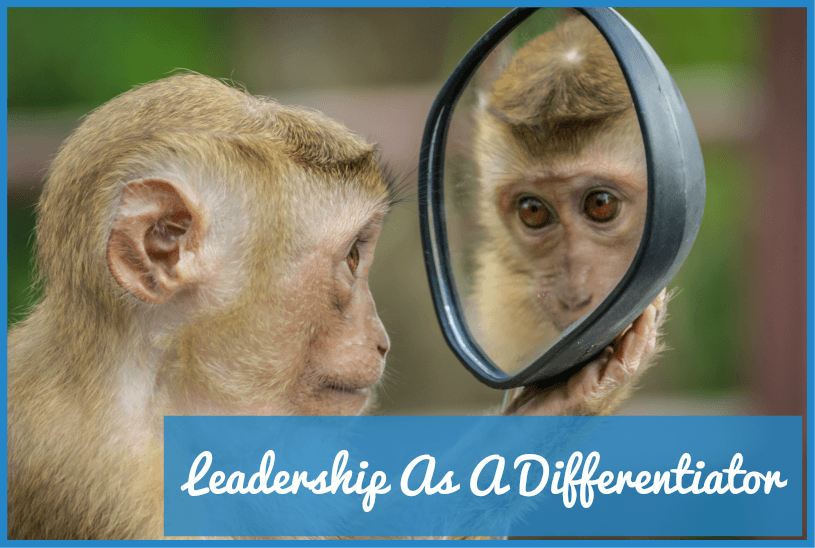
Leadership As A Differentiator
Most businesses and organizations have the goal of being above their competition foremost on their leadership agenda. Matter of fact, no brand sets sights on playing second fiddle to competition anywhere.
To attain this premier status falls in the hands of top management teams of every business. Several different strategies are employed to ensure that the business not only becomes the best but also remains at the top.
When businesses want to outperform competitors, they are faced with different approaches to making their mark. Differentiation is a critical factor that allows you to provide superior value to your customers.
The result is an increase in profitability for your business. Among the qualities that make a brand stand out are product differentiation, service differentiation, distribution differentiation, relationship differentiation, image or reputation differentiation, and price differentiation.
These differentiators are the unique selling propositions (USP) brands use to expand the competitive margin and lure customers away from competitors and into their foyer.
The problem with the aforementioned differentiators is that those qualities can easily be met and improved upon by competitors, limiting the effectiveness of your approach in standing out.
To effectively stand out, being a manager alone proves insufficient.
Managers have to go the extra mile by becoming leaders in their different fields.
Being a leader differs from being a manager in many regards.
A manager is a position, title, role and a set of responsibilities while leadership is a quality, leaders inspire, encourage and engage others.
Being a leader does not depend on your title or position in the organization.
The way around this is by cementing your position as the topmost brand in your industry, and this can be achieved by imbibing a strong leadership culture in your workplace. The most sustainable way to stand apart and stay ahead is by building a solid leadership culture across all levels in the organizational structure.
Leadership is closely linked to strategy execution and the ability for different leaders within an organization to align themselves becomes a determining factor for the seamless execution of duties in that organization.
Being a leader however doesn’t come easy, and the critical criteria for being a leader and creating a leadership culture starts with a solid foundation.
Effective leaders establish their vision: they know what the business wants, and they dream big — creating a roadmap and footprint to get there. They also assess where they are and determine the best path to follow.
Good leaders seek to validate their values: they carry people along and make them part of the decision processes.
Good leaders are disciplined and live by their principles: they find ways to align their values with the goals and objectives of the organization.
Having a good leadership culture ensures your business is at the top and differentiates your business from the ordinary.
Effective leadership creates teams that achieve goals and objectives and are high performing. The result is a self-sustaining winning culture in the workplace.
When your brand has leadership culture at the core of its values, it builds result-oriented teams that are confident in their abilities and are central to standing apart from the crowd of competitors.
© New To HR


